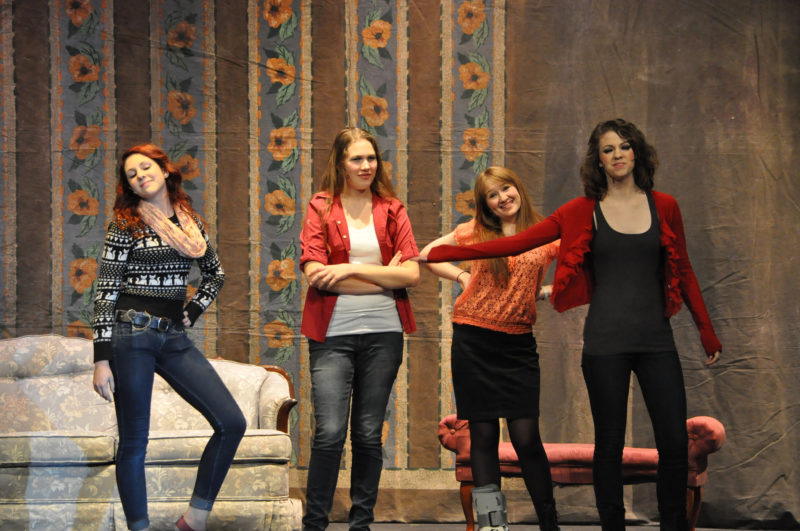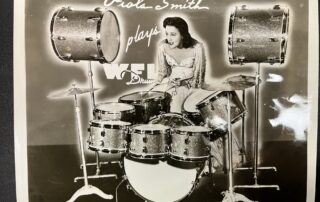Casting is the first and perhaps most important part of a production. It’s not – as you might imagine – without its hurt feelings and anger. But Jane Jeffries reminds us of the importance of every role – large and small – to the story.
Auditions were over. The show was cast, and as spring rain follows winter, the emails from parents flooded my inbox. There were always parents who tried to get their kids into bigger roles. “Sarah had the lead role in her kindergarten Christmas show. Nate has had acting lessons. Tina looks more like a fairy princess. His role doesn’t have many lines.” In my experience, the amount of lines doesn’t equal a memorable role. But parents were always missing the point I tried to make with my actors: there are no small roles.
All roles are important, and a production runs on all cylinders if all the actors invest. If it were up to me, every actor should have a small role at least once. That’s where you learn its value. And if you can develop a small role, that tells me that you know how to do the big ones. Travis, the student who always talked out of turn and wouldn’t be quiet in class, is a good example. One year, I cast him as a mime. Dressed in black, white face and white gloves, he had the audience from the moment he entered the stage. Travis followed the messenger, who galloped around in a cardboard horse costume while he clapped his coconuts behind. The chemistry between these two actors was perfect. At one point, the mime falls in love with the messenger who rejects him; the audience was audibly let down for him. He had connected with them. We all had laughed about the fact that, in this role, Travis couldn’t speak. But, oh, could he communicate. With nothing but gestures and facial expressions, he stole the show.
In another show, Hannah wasn’t cast but still wanted to be in the show. We needed a guard. It’s been ten years since we did this show, but recently, a friend of mine was talking about it. What’s the one thing she remembered? That the guard was so funny. It was her slovenly posture as she sauntered on stage. She continually stuffed small powdered doughnuts in her mouth. And with only three lines, she had developed a character as inept as Barney Fife and as loveable as Buster Keaton. Like I said, the amount of lines is not what makes a solid role. That comes from the actor.
My husband loves the small roles. To him, they are the best of both worlds. Few lines to memorize but all the fun of being in a show. For his last role, all he had to do was shave his head, paint himself green, and say, “Ogre!” throughout the show. Our friends still talk about it three years later.
Directing plays was never something I thought I’d do in life. As things go in life, I found my way in through the side-stage. I hope to teach my actors other lessons—that art mirrors life. One actor might give a great audition for the lead role, but so did three other people. What they don’t know is that they were the best one for the role they got cast in. The question is whether you want the role with the most lines or one that you did to the best of your ability. Life is a lot that way.










